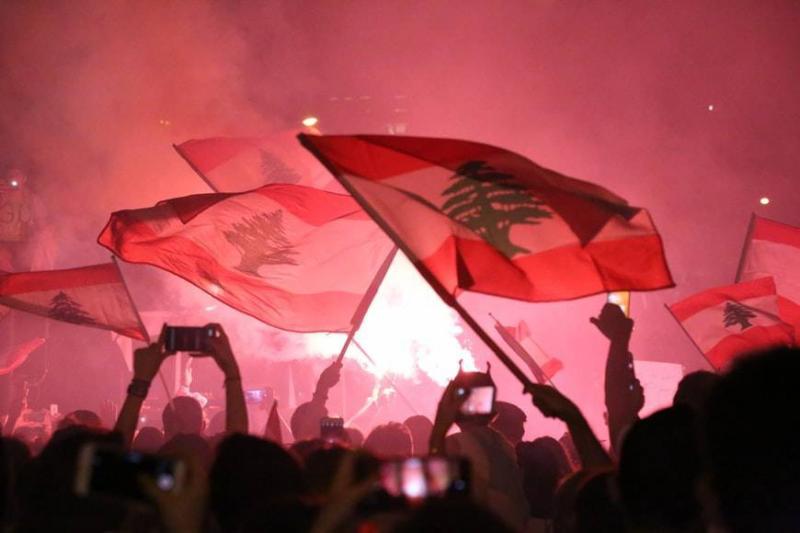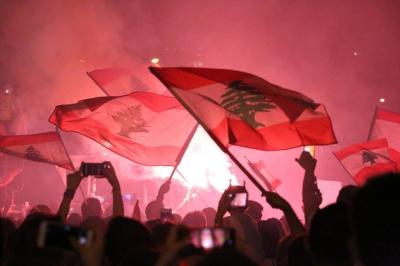According to the electronic newspaper "Anbaa", as the deadline for registering electoral lists approaches on the fifth of this month, there has been an increase in registration activities in the Ministry of Interior and Municipalities' offices in recent hours. Among these is the "Partnership and Will" list in the fourth district of Mount Lebanon (Shouf - Aley), and the "Babda Decision and Sovereignty" list, which includes the Progressive Socialist Party, the Lebanese Forces, the Liberation Party, and independents. These lists emphasize the main goal of protecting the sovereign and national line and the historical reconciliation in the mountain while looking into ways to save Lebanon and confront the challenge posed by the resistance team aiming to control every aspect of political and public life.
In this context, member of the Democratic Gathering, MP Bilal Abdullah, stated in an interview with "Anbaa" that the "Partnership and Will" list represents the sovereign line and supports the steadfastness of people amid the ongoing suffocating crisis. He highlighted the national and humanitarian role provided to people by the head of the Progressive Socialist Party, Walid Jumblatt. This is a list of diversity and partnership, a list of reconciliation in the mountain under the auspices of Cardinal Mar Nasrallah Boutros Sfeir and the national leader Walid Jumblatt, reflecting national Arab belonging for the mountain.
In response to rumors about Saudi intervention in the formation of the list, Abdullah rejected accusations from what he called "counter-media", stating: "We form our lists based on internal political decisions because we are the custodians of the testimony." He questioned, "Did not the teacher Kamal Jumblatt sacrifice himself for the sake of preserving national decision? Our history testifies that no one imposes conditions on us or interferes with the formation of our lists, which emerge from a national sovereign Arab standard." He emphasized that "the Kingdom of Saudi Arabia and the Gulf states do not interfere in the internal affairs of any country, but they have provided generous assistance to Lebanon and have supported its reconstruction and economy at all stages. This statement is refuted.”
For his part, MP Joseph Issac from the "Strong Republic" bloc noted in a phone call with "Anbaa" that "despite all tactical disagreements within the March 14 coalition, sovereignty matters remain intact, as they have never disagreed on Lebanon's sovereignty or its Arab identity." He stated: "As Lebanese Forces, we have never differed with the Progressive Socialist Party regarding the regional and Arab context and Lebanon's sovereignty." He confirmed that "both the Progressive Socialist Party and the Lebanese Forces have not lost, as people in the mountain support the historical reconciliation sponsored by Patriarch Sfeir and Walid Jumblatt, and this is what both the Forces and the Socialists seek to embody; the people in the mountain are with this direction."
Issac stressed that "change is necessary, and if it does not happen, we will extend the crisis for another four years, which means continuing in hell without escaping it economically." Meanwhile, the economically pressuring reality continues to exhaust the Lebanese people. Regarding the capital control and its reconsideration by the government, financial and economic expert Antoine Farah noted through "Anbaa" that what occurred in the government does not concern substantial amendments introduced to the capital control proposal but rather concerns transforming the proposal into a draft law that is acceptable to the parliament members. Initially, they objected because it reached them in the form of a proposal and not as a law approved by the government.
Farah stated that "the key point is that the government approved amendments to the formation of the committee that will supervise the implementation of this law. The objection to standardizing criteria and the possibility of arbitrary decision-making by the committee is valid, but it is unfortunately necessary because some banks' situations have become hopeless, rendering them incapable of complying with capital control standards. This is why the committee was formed to examine each case individually and take measures suitable for the concerned bank's status. It means that if we added a criterion for withdrawing limited monthly amounts, some banks might not be able to do so. Consequently, the Central Bank is also unable to support the banks, and thus there must be a committee that considers these exceptions for the law to be applicable."
Regarding the financial situation, Farah believes that it will worsen, stating: "Today, we witness the seizing of what remains of funds. The political authority has always squandered the money and imposed debts on the Central Bank, often outside the law's framework, leading to questions about why the Central Bank agreed to that. However, today, they have invented a legal formula allowing the government, under the guise of emergency exceptional circumstances, to impose borrowing from the Central Bank. Thus, the outcome remains the same, which is that what remains of hard currencies in the Central Bank is being utilized and this will continue beyond the parliamentary elections, possibly for much longer, and we may soon witness the depletion of all funds and reach a grim scenario."




